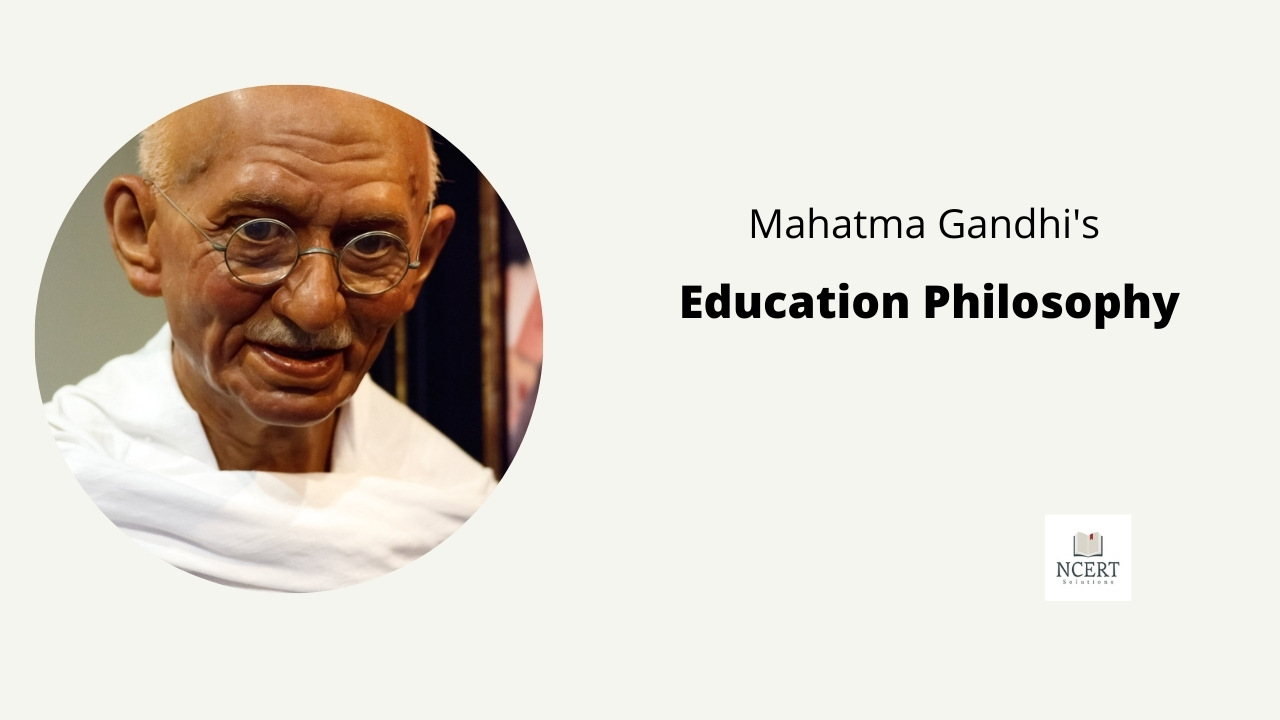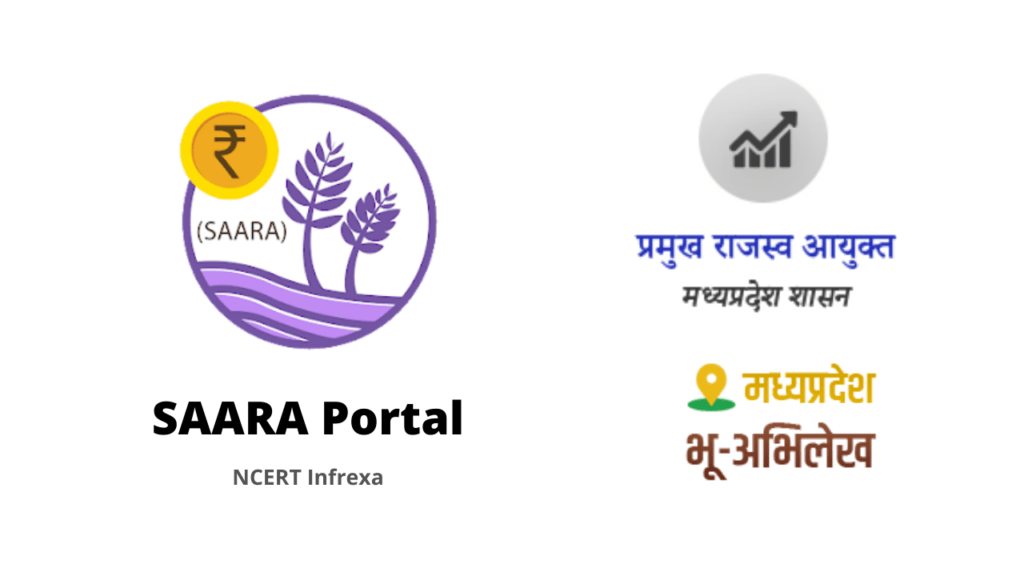Mahatma Gandhi’s education philosophy focuses on the complete development of a person, including their body, mind, and soul.
Gandhi believed that true education helps develop all parts of a child – the body, mind, and soul of the child. He thought that the ultimate goal of life is to be free from different kinds of suffering, such as physical, mental, economic, political, and spiritual.
3R and 3H
Gandhi described education using the terms 3R and 3H:
- 3R stands for Reading, Writing, and Arithmetic.
- 3H stands for Hand (skills), Head (intellect), and Heart (emotions).
He believed that being able to read and write is not the only goal of education. Instead, education should help children develop practical skills, think deeply, and grow emotionally.
Literacy
Gandhi did not think that just being able to read and write was enough to be considered educated. He saw literacy as just a tool to achieve broader educational goals.
Vocational education
Gandhi wanted to promote vocational education, which means teaching practical skills that help people become self-reliant. This kind of education focuses on preparing students for specific trades or crafts, making them capable of earning a living and contributing to society.
Objectives of education according to Gandhi
- Physical Development: Education should help children grow physically strong and healthy because a healthy body supports a healthy mind.
- Mental and Intellectual Development: Just as a child needs food for physical growth, they need education for mental development. This includes learning to think critically and solve problems.
- Personal and Social Development: Gandhi emphasized the importance of both individual and social development. He believed that personal growth should lead to better social interactions and contributions to society.
- Cultural Development: Understanding and appreciating culture is crucial for spiritual growth. Gandhi believed that knowing one’s culture helps in developing a well-rounded personality.
- Moral and Character Development: Gandhi stressed the importance of developing virtues like truthfulness, non-violence, self-control, and humility.
- Professional Development: Education should help individuals become economically independent by learning practical skills and trades.
- Spiritual Development: The ultimate goal of education, according to Gandhi, is to achieve self-realization and liberation. This includes balancing knowledge, actions, devotion, and yoga.
Curriculum
Gandhi’s curriculum for basic education (grades 1 to 8) included practical subjects such as handicrafts, industry, mother tongue, practical mathematics, social subjects, general science, music, painting, health science, and conduct.
Teaching Methods
- Method of Imitation: Young children learn by copying others. Therefore, teachers should be good role models.
- Methodology: Practical methods are important for teaching skills like handicrafts and painting.
- Oral Method: Lectures, discussions, and debates are useful teaching techniques.
- Shravan-Manan-Nididhyasana: This method involves listening to information, thinking about it deeply, and then practicing it. It helps in the holistic development of a child.
Basic Education
- Compulsory and Free Education: Education should be free and mandatory for all children between the ages of 6 and 14.
- Mother Tongue: The medium of instruction should be the child’s mother tongue.
- Handicrafts and Industries: Schools should teach and use practical skills related to handicrafts and industries.
Other Facts about Gandhi’s Education Philosophy
- Discipline: Gandhi believed that true discipline comes from within and should be self-motivated. He opposed harsh disciplinary methods.
- Teacher’s Role: Teachers should see their profession as a service, acting as guides, friends, and mentors to their students.
- Students: Students should be self-reliant and disciplined. Gandhi wanted children to learn to take care of themselves from an early age.
- Schools: Schools should be community centers where people can come to learn and work together. Teachers should be dedicated and teach with a sense of service.
Gandhi is often called the father of the nation for his role in India’s independence. His educational philosophy also supported birth education, female education, co-education, vocational education, religious education, and national education.




